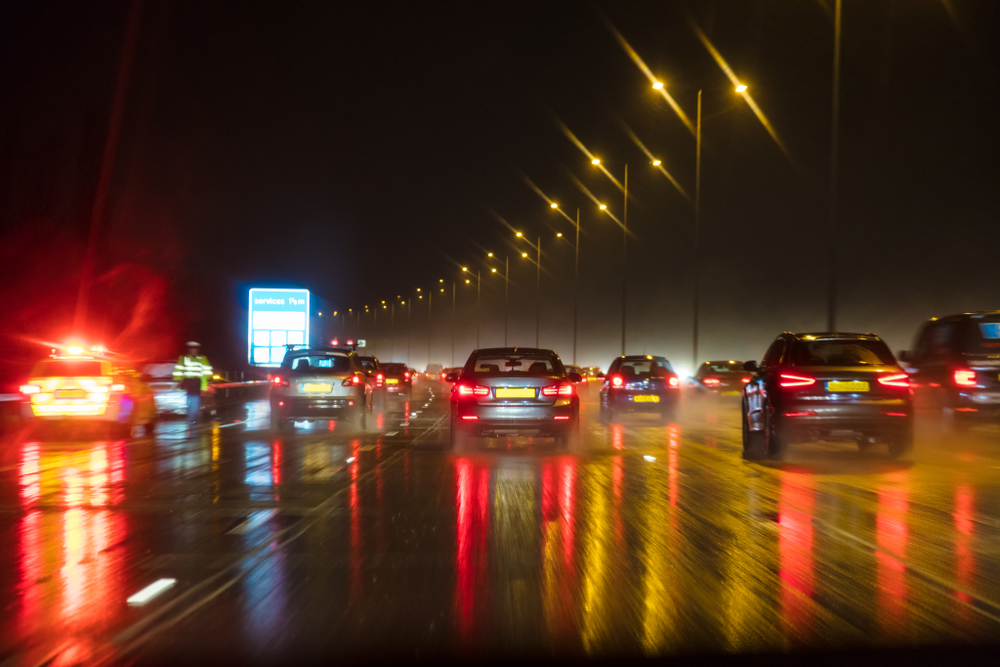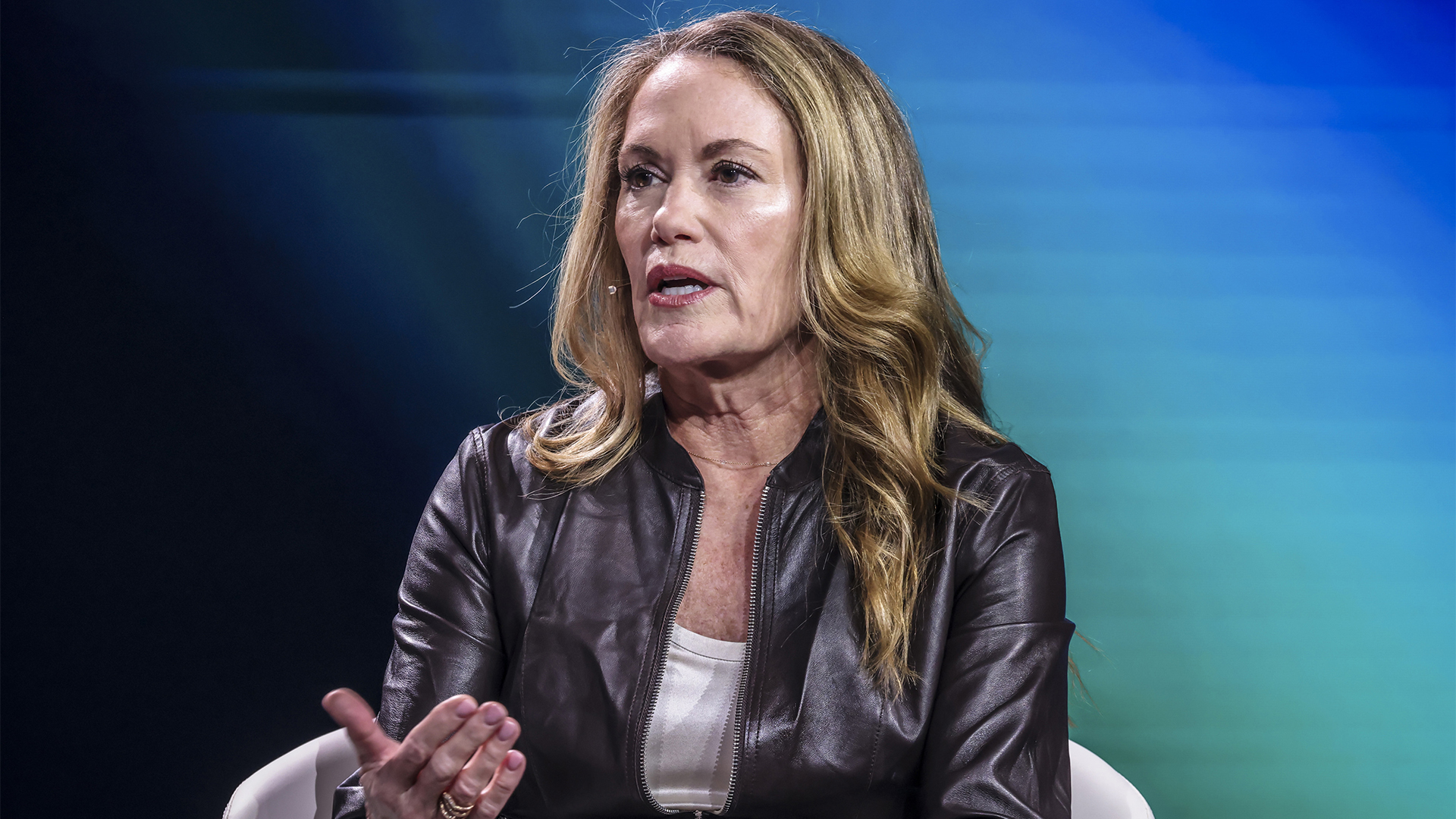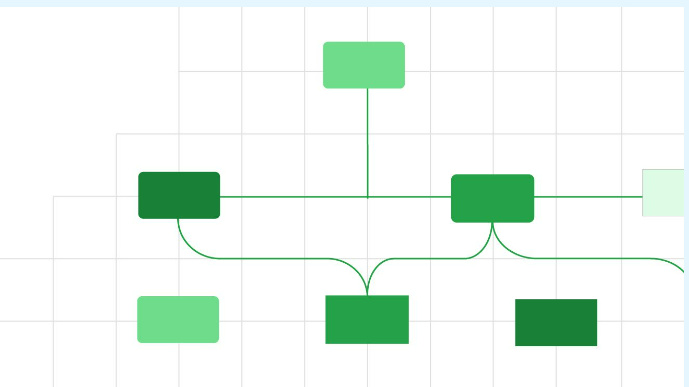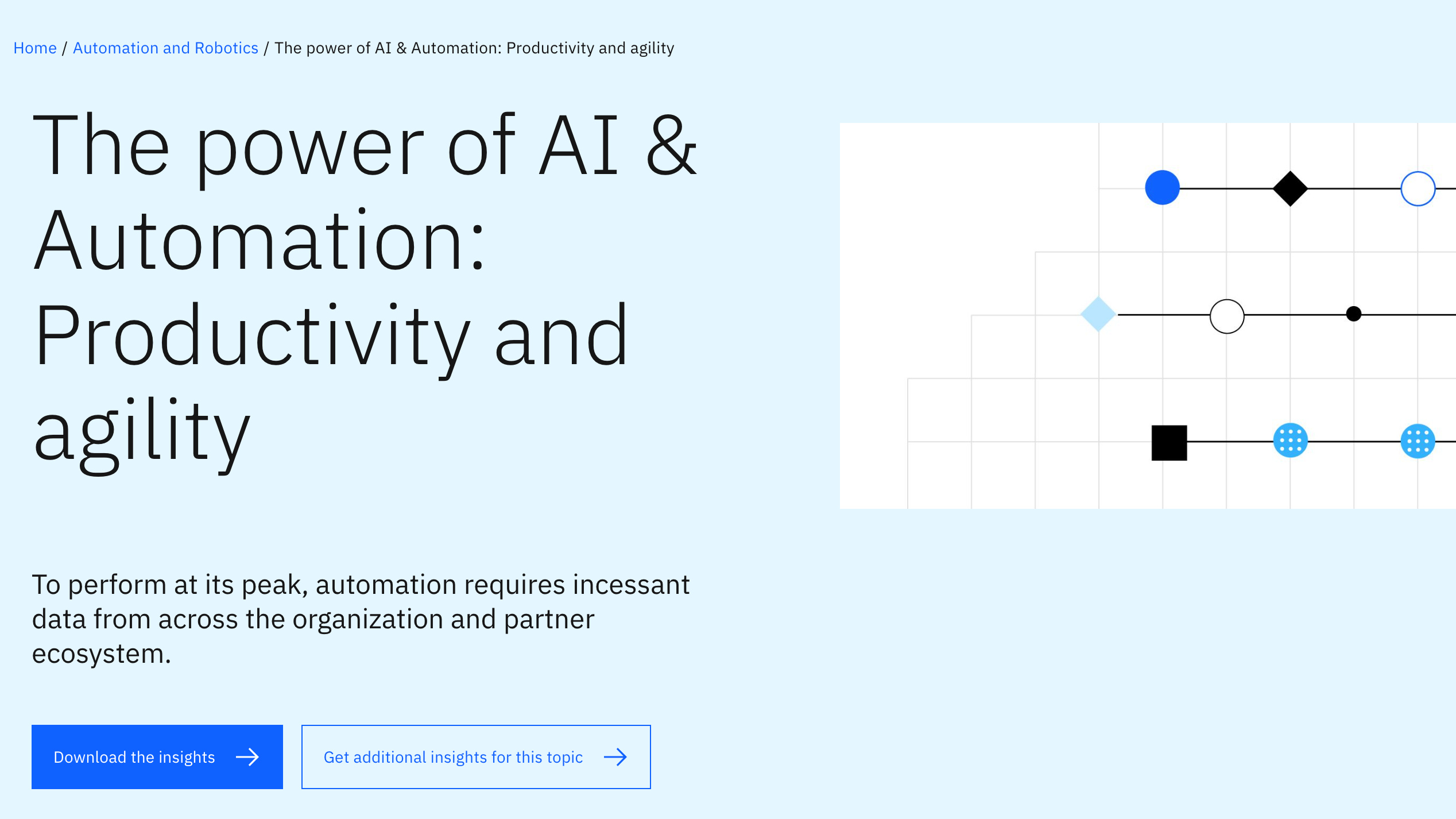UK gov to allow self-driving cars on motorways this year
Automated Lane Keeping Systems to be legally defined as 'self-driving' as a cautious first step to allowing fully autonomous cars on UK roads


The Department for Transport (DfT) has called for 'Automated Lane Keeping Systems' (ALKS) to be legally defined as 'self-driving' as a cautious first step to allowing fully autonomous cars on UK roads.
The announcement follows the government's call for evidence on self-driving technology at the end of 2020 where it sought views from the motoring industry around the role of the driver in an automated system and what legislation would be needed.
ALKS are designed for use on motorways in slow traffic, in a single lane. They can be used to maintain a safe distance from other cars and control can be easily returned to the driver if need be. The DfT has proposed a maximum speed limit of 37mph.
The technology has the potential to improve road safety by reducing human error, which is said to contribute to 85% of accidents, according to the Society of Motor Manufacturers and Traders (SMMT). The organisation suggests 3,900 lives could be saved over the next decade with the use of automated driving tech.
"Technologies such as ALKS will pave the way for higher levels of automation in future - and these advances will unleash Britain's potential to be a world leader in the development and use of these technologies, creating essential jobs while ensuring our roads remain among the safest on the planet," SMMT chief executive, Mike Hawes, said.
RELATED RESOURCE

IT Pro 20/20: Meet the companies leaving the office for good
The 15th issue of IT Pro 20/20 looks at the nature of operating a business in 2021
The announcement appears very cautious, particularly compared to other countries, such as the US, where automated systems are already allowed. Indeed, the initial reporting of the 'call for evidence' suggested that self-driving cars could be on UK roads by the spring, but that has now been pushed back to the autumn.
However, the announcement has come just weeks after an investigation was launched into a Tesla car that crashed with its autopilot reportedly engaged. The initial police report from the incident suggested that neither of the two men in the vehicle was in the driver's seat, leading them to believe that its automated system was at fault.
Get the ITPro daily newsletter
Sign up today and you will receive a free copy of our Future Focus 2025 report - the leading guidance on AI, cybersecurity and other IT challenges as per 700+ senior executives
This has been disputed by Tesla, which claims to have data suggesting the autopilot wasn't engaged and that one of the men was in the driver's seat.
Bobby Hellard is ITPro's Reviews Editor and has worked on CloudPro and ChannelPro since 2018. In his time at ITPro, Bobby has covered stories for all the major technology companies, such as Apple, Microsoft, Amazon and Facebook, and regularly attends industry-leading events such as AWS Re:Invent and Google Cloud Next.
Bobby mainly covers hardware reviews, but you will also recognize him as the face of many of our video reviews of laptops and smartphones.
-
 Meta just revived plans to train AI models using European user data
Meta just revived plans to train AI models using European user dataNews Meta has confirmed plans to train AI models using European users’ public content and conversations with its Meta AI chatbot.
By Nicole Kobie
-
 AI is helping bad bots take over the internet
AI is helping bad bots take over the internetNews Automated bot traffic has surpassed human activity for the first time in a decade, according to Imperva
By Bobby Hellard
-
 Can robots work safely alongside humans? This one industry leader thinks we're not far away
Can robots work safely alongside humans? This one industry leader thinks we're not far awayNews Humanoid robots and people will be able to work truly side-by-side this year, according to the CEO of one leading robotics company.
By Nicole Kobie
-
 The power of AI & automation: Proactive IT
The power of AI & automation: Proactive ITWhitepaper Automation strategies to dynamically and continuously assure cost-effective application performance
By ITPro
-
 Magic Quadrant for enterprise conversational AI platforms
Magic Quadrant for enterprise conversational AI platformsWhitepaper An evaluation of the conversational AI platform (chatbot) market
By ITPro
-
 Let's rethink customer service
Let's rethink customer servicewhitepaper Discover new ways to improve your customer service process
By ITPro
-
 The power of AI & automation: Productivity and agility
The power of AI & automation: Productivity and agilitywhitepaper To perform at its peak, automation requires incessant data from across the organization and partner ecosystem
By ITPro
-
 Digitization solves manufacturing’s five toughest challenges
Digitization solves manufacturing’s five toughest challengesWhitepaper Discover the technology trends that overcome manufacturing’s challenges, from cyber resilience to breaking free from legacy technology
By ITPro
-
 The four pillars of excellence for technology leaders
The four pillars of excellence for technology leaderswhitepaper Download this CIOs business case for integration and automation
By ITPro
-
 Building a strong business case for GRC automation
Building a strong business case for GRC automationwhitepaper Successfully implement an innovative governance, risk & compliance management platform
By ITPro